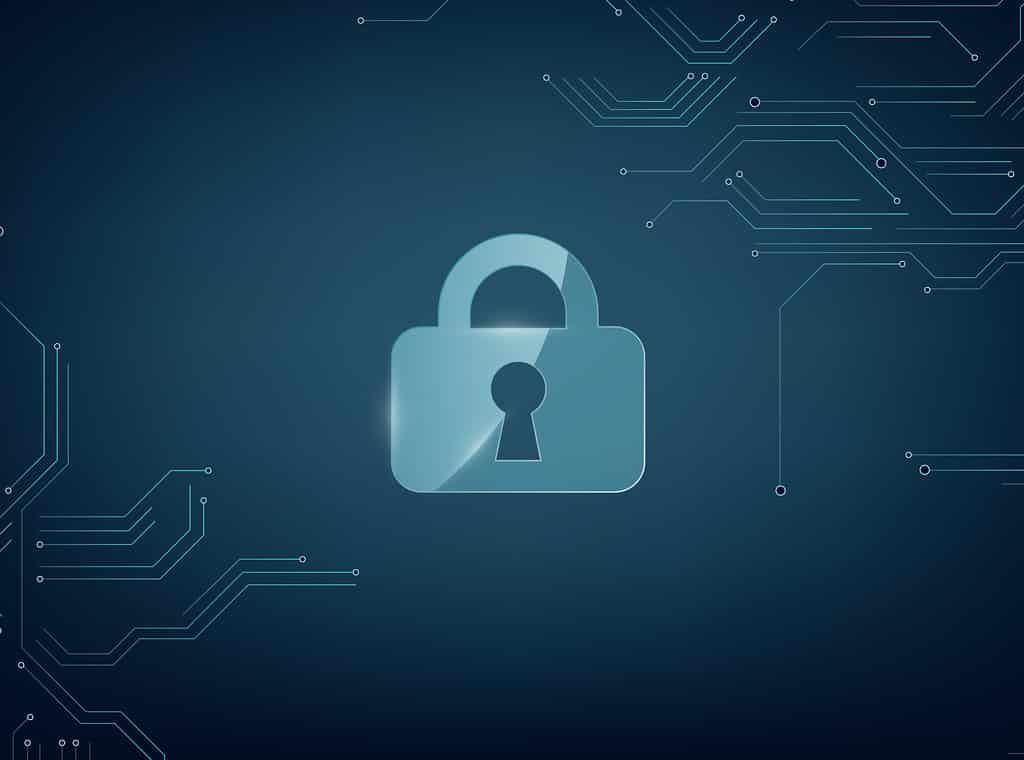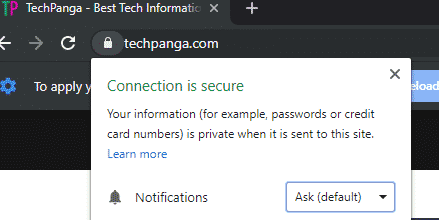Hacking has become a major issue in the online world. Many people fail to protect their sites because of the wrong opinion that they do not have information worth protecting. What they do not know is that hackers are interested in using the sites to set temporary and illegal servers. The servers are used to mine for and commit identity theft. A site may slow down during such times, offering visitors a reason to find other options. To avoid this, you must secure your site.
 Here are Some Tips To Secure Your Website
Here are Some Tips To Secure Your Website
to secure from hackers you must follow these steps. It will help to secure your site and no one can attack your site.
✔ Limit File Uploads
You may feel the need to engage your site visitors more by allowing them to upload files directly to the site. Some of them will be thrilled by the web sharing offer. However, this can open your site completely to hackers. The file can be scripted in such a way that hackers can obtain all the information needed within split seconds. If you allow file uploads, you must be vigilant enough to determine whether the file is a sizable image. You may want to change file permissions so that the execution of the malicious activity is limited. Also look into a managed file transfer service to keep data secure while transfering, A good option for this is, https://www.goanywhere.com/solutions/managed-file-transfer.
✔ Update Everything
Failure to update your software gives hackers a chance to compromise your system and website. While some updates are done automatically and freely, others require you to pay some fee for the services. Delays in making payments can be costly to your company because hackers do thousands of scans on a regular basis seeking for vulnerable sites. Always go for affordable software programs that offer you enough warnings before exposing you to hackers’ world.
✔ Install a Web Application Firewall
The software or hardware-based tool will Secure Your Website by reading all the information passing through the servers. Most of them are cloud-based and are provided at a reasonable fee. You will have some peace of mind knowing the malicious activities will be identified and blocked.
✔ Watch Out For Error Messages
You are likely to give away a lot of information to hackers through the error message. They can detect vulnerabilities just by reading such messages. Limit them and offer few details in the process. The details should be kept in your server logs, and be shown to the user only when it is absolutely necessary.
✔ Use Strong Passwords
If you have more than one website, there is a chance that you are tempted to create an easy-to-remember password. Others prefer using the same password to log in to all their social media accounts. The hackers are smart enough to guess such information. They can study your personal information such as your birthday, the day in which you opened a site, your wife or kid’s name, and the location of your business among other things. They will attempt logging in to your site using such data many times. Avoid the negative impacts of hacking by creating a strong password. Combining the uppercase letters with the numbers can help in this case. You can also come up with a lengthy password.
✔ Install a Security Socket Layer
You can install the SSL by using https. This allows you to send Secure Your Website data to your network so that the intruders are discouraged from tapping into your content. Visitors can browse securely and have the confidence to offer you their financial details. Failure to do so gives hackers a chance to imitate users and be in a charge over the login sessions. Here Some best Free SSL Providers.
- Hide Your Admin Pages
You are at more risk when your admin pages are indexed by search engines. On the other hand, hackers will find it difficult to trace them when you use robots text files to hide the pages.
- Do Away With the Form Auto-Fill
An auto-fill left on a site gives hackers an easy time to attack you using a stolen computer or phone. Don’t expose yourself in this way but instead, ensure that auto-fill forms are disabled immediately.
- Monitor Your Network’s Security
Even after using various techniques to secure your site, it is still important to be observant. Hackers barely play a fair game. They are relentlessly and look for small opportunities to achieve their goals. Always ensure that passwords are changed as frequently as possible. Logins should expire within a short time. Still, you must never write down your password, while all your devices must be scanned at all times.
- Back-Up Everything
It is possible that the worst will happen at some point. Have an on-site and off-site backup, so that your operations will keep running even after the unfortunate event.
All in all, you have many options when it comes to Secure Your Website from hacking. You can consult a website designer to help you choose the right and affordable tools and techniques.
To know more about how to be secure visit private proxies






